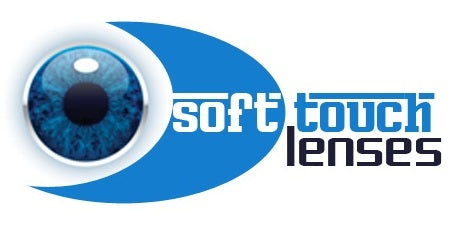In a world dominated by screens and hectic lifestyles, maintaining good eyesight is more critical than ever. According to a report, approximately 50% of Indians over the age of 18 experience visual defects. In this article, we'll explore common visual issues and provide practical tips to improve and preserve your eyesight. Whether you're dealing with myopia or presbyopia, or simply want to protect your eyes from daily stressors, read on for valuable insights.
Common Visual Issues: From myopia in children to presbyopia in middle age and cataracts in the elderly, various visual issues affect people at different stages of life. Additionally, factors such as genetics, screen usage, and lifestyle habits contribute to the deterioration of eyesight. Regular eye check-ups are crucial for early detection and effective treatment.
The Impact of Screens: Contrary to popular belief, it's not the screens themselves that harm our eyes but the excessive hours spent using near vision. Ophthalmologist Rahul Partap emphasizes the importance of balanced screen usage for both children and adults. Children may develop myopia, while adults can experience eyestrain, headaches, migraines, and dry eyes. Proper screen placement and breaks during work hours are essential for maintaining good eye health.
10 Keys to Improving Eyesight
- Symptom Awareness: Pay attention to common symptoms like fatigue and dry eyes. A break or moisturising eye drops can provide relief.
- Balanced Diet: Maintain a healthy, balanced diet and engage in regular, moderate physical exercise to support overall eye health.
- Eye Protection: Wear sunglasses, use air conditioner filters, and keep your eyes hydrated to prevent irritation and discomfort.
- Screen Ergonomics: Follow ergonomic practices, such as placing screens at optimal distances and angles, to reduce eye strain. Use reading glasses or computer glasses when reading and working on computer screens.
- Makeup and Contact Lens Care: Use makeup, false eyelashes, and coloured contact lenses judiciously. Remove makeup thoroughly to prevent eye problems.
- Swimming Goggles: When swimming, protect your eyes from chlorine and irritation by wearing appropriate goggles.
- Seasonal Allergies: Manage allergies by avoiding allergens, maintaining eye hydration, reducing outdoor activities, and refraining from rubbing your eyes.
- Air Conditioning Usage: During hot weather, mitigate the dryness caused by air conditioning by using eye drops.
- Hand Hygiene: Wash hands frequently, especially in summer, to avoid infections caused by germs on surfaces.
- Winter Eye Care: Combat winter-related discomforts like redness, watery eyes, and infections by limiting heating use and moisturizing with eye drops.
Vision-Boosting Foods
A well-rounded diet plays a crucial role in maintaining good eyesight. Incorporate the following nutrients and foods for optimal visual health:
- Vitamin A: Carrots, tomatoes, red peppers, and leafy greens support retinal function and night vision.
- Vitamin B Complex: Found in vegetables, milk, whole wheat, and yeast, it prevents and treats various eye problems.
- Vitamin C: Raw fruits and vegetables like tomatoes, peppers, and citrus fruits promote lens health and prevent cataracts.
- Omega-3 Fatty Acids: Present in walnuts, avocados, and seafood, they help prevent AMD, glaucoma, and dry eye syndrome.
- Flavonoids: Apples, grapes, onions, and tea contribute to retina health and prevent AMD.
- Selenium and Zinc: Legumes, whole grains, spinach, nuts, and shellfish support proper retinal health.
- Potassium: Found in bananas, figs, cantaloupe, and citrus fruits, it acts as an antioxidant in our eyes.
Prioritize your visual health by incorporating these practical tips into your daily routine. Regular eye check-ups, a balanced lifestyle, and a nutrient-rich diet are key to preserving your eyesight for years to come. Whether you're concerned about myopia, presbyopia, or general eye discomfort, taking proactive steps now can make a significant difference in the future.
